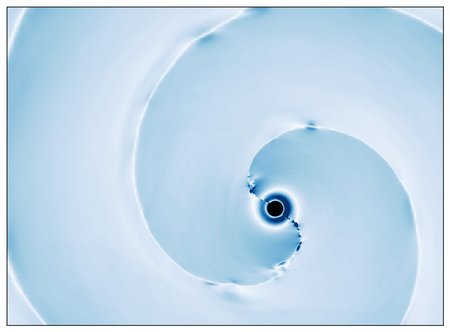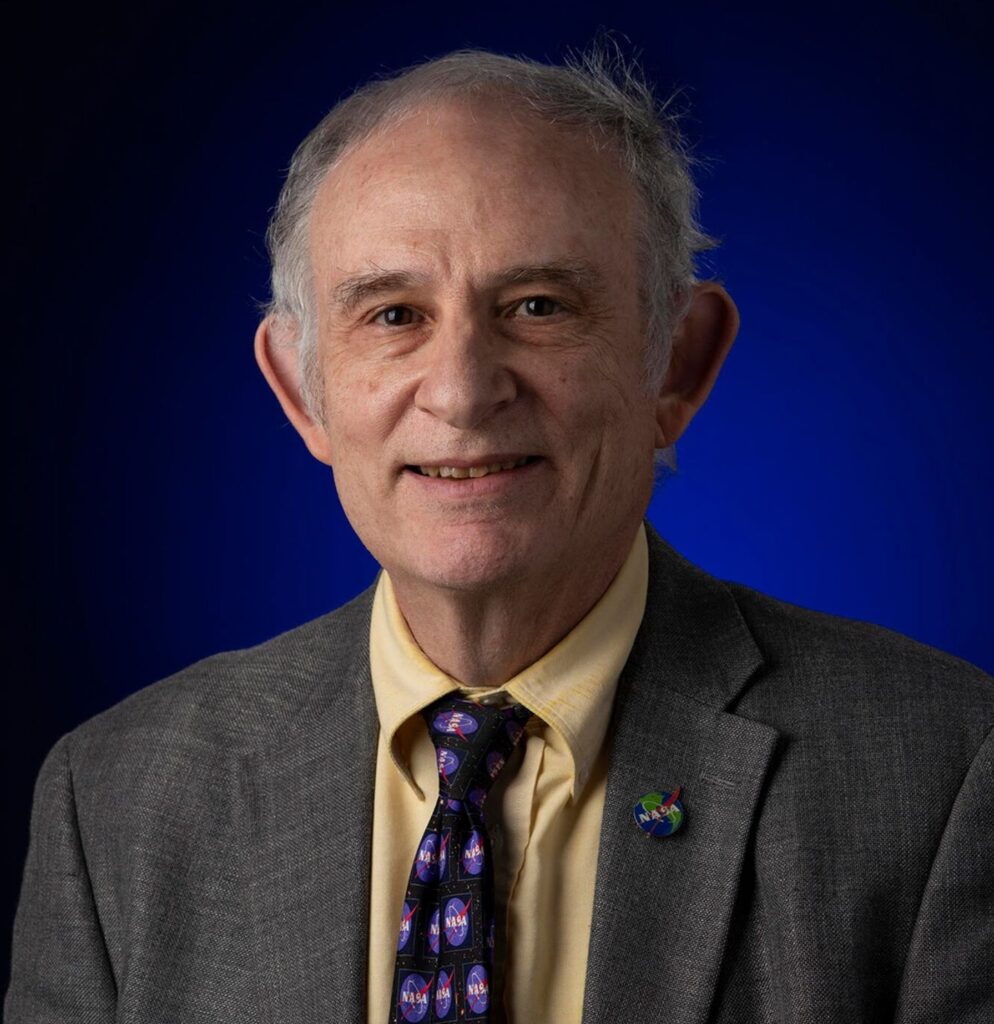[embedded content]
You can watch live this Saturday (June 12) as people all over the world bid for the chance to go to space with Amazon founder and billionaire Jeff Bezos.
Blue Origin, which Bezos founded, will broadcast its live auction for the first seat on the New Shepard spacecraft’s debut crewed flight at Blue Origin.com, starting at 12:45 p.m. EDT (1645 GMT). (Blue Origin has done several uncrewed test flights of the spacecraft in recent months.)
Nearly 6,000 people from 143 countries have sent in bids for the rare chance to experience spaceflight, according to Blue Origin, with the high bid standing at $4.8 million when registration closed Thursday (June 10).
Related: Blue Origin aces ‘astronaut rehearsal’ New Shepard test flight

“The winning bid amount will be donated to Blue Origin’s foundation, Club for the Future, whose mission is to inspire future generations to pursue careers in STEM [science, technology, engineering and math] and to help invent the future of life in space,” Blue Origin said in a statement.
“The winning bidder will fly to space on New Shepard’s first human flight on July 20 and will join Blue Origin founder, Jeff Bezos, and his brother Mark. The name of the auction winner will be released in the weeks following the auction’s conclusion.”
While the price is indeed steep for most of us, the suborbital flight is a relative bargain compared to what others have paid for visits to the International Space Station or the previous Soviet-Russian space station, called Mir. That said, suborbital competitor Virgin Galactic is charging a reported $250,000 for its eventual flights. Blue Origin hasn’t yet disclosed how much money people will pay on future flights, but a well-placed source recently told Ars Technica that it is likely to be “well north” of $500,000 per person for a while.
NASA paid Russia a reported $90 million for a Soyuz spacecraft seat in May 2020. The agency relied on the Russians to send astronauts to the International Space Station after the space shuttle retired in 2011, paying individually for each round trip. That situation is changing with the arrival of crewed commercial crew flights in 2020, however, although NASA has been requesting occasional seats as late as March due to staffing requirements in space.
A couple of space tourism examples also show the orders of magnitude that a space station seat may command, compared to suborbital flights. Dennis Tito, an American businessman, paid his way to the ISS aboard a Russian Soyuz, putting down a reported $20 million in 2001 (the equivalent of $30 million in 2021.) Japan’s Toyohiro Akiyama, who participated in the first commercially organized spaceflight to Mir in 1990, also flew to space on a Soyuz. Japanese broadcaster TBS reportedly paid $12 million ($25 million in 2021 dollars) for Akiyama’s seat on the flight, of which $4 million came from sponsorships.
Follow Elizabeth Howell on Twitter @howellspace. Follow us on Twitter @Spacedotcom and on Facebook.


